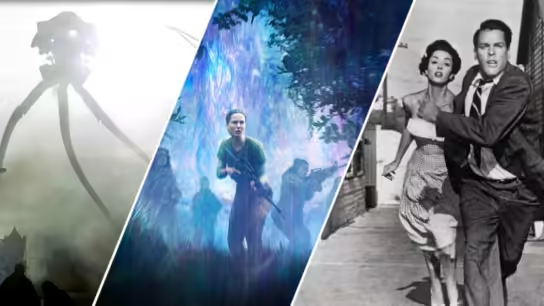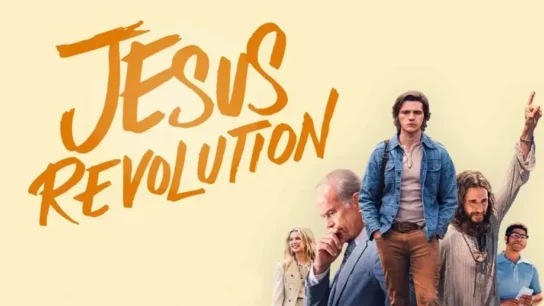In the realm of cinema, where emotions are magnified and stories come to life, comedy movies hold a special place. From slapstick humor to witty satire, these films have been a source of entertainment, escapism, and social commentary for audiences around the globe. With their ability to evoke laughter, provoke thought, and even inspire change, comedy movies have become an integral part of the cinematic landscape.
The Evolution of Comedy
Comedy has been a staple of storytelling since the earliest forms of entertainment. From ancient Greek plays to Shakespearean comedies, humor has always been used to engage and entertain audiences. However, it wasn’t until the birth of cinema that comedy truly found its place on the silver screen.
In the early days of film, silent comedians like Charlie Chaplin, Buster Keaton, and Harold Lloyd pioneered the art of visual comedy. Their slapstick antics and physical humor transcended language barriers, captivating audiences worldwide. With the advent of sound in the late 1920s, comedy took on new dimensions as filmmakers explored the possibilities of dialogue-driven humor.
The Golden Age of Hollywood Comedy
The 1930s and 1940s marked the golden age of Hollywood comedy, with iconic figures like the Marx Brothers, Laurel and Hardy, and Cary Grant dominating the silver screen. Screwball comedies, characterized by their fast-paced dialogue and witty banter, became immensely popular during this time, offering audiences a delightful escape from the hardships of the Great Depression and World War II.
Satire and Social Commentary
As cinema evolved, so did the scope of comedy. In the 1960s and 1970s, filmmakers began using comedy as a tool for social commentary and satire. Films like Stanley Kubrick’s “Dr. Strangelove” and Mel Brooks’ “Blazing Saddles” tackled serious issues with irreverent humor, challenging societal norms and exposing absurdities in politics, culture, and human behavior.
The Rise of Modern Comedy
In recent decades, comedy has taken on various forms and styles, catering to diverse tastes and sensibilities. From raunchy comedies like “The Hangover” to heartfelt dramedies like “Little Miss Sunshine,” filmmakers have explored the full spectrum of human experience through humor. Additionally, the advent of digital technology has enabled a new wave of comedy creators to emerge, with platforms like YouTube and streaming services providing a platform for innovative comedic voices.
The Power of Laughter
Beyond mere entertainment, comedy movies have the power to connect people, challenge perceptions, and spark conversation. Laughter has been shown to have numerous health benefits, including reducing stress, boosting the immune system, and improving overall well-being. In a world filled with uncertainty and strife, comedy offers a much-needed respite, reminding us to laugh in the face of adversity and find joy in the absurdity of life.
Conclusion
Comedy movies have come a long way since the early days of cinema, evolving and adapting to the changing tastes and sensibilities of audiences. From silent slapstick to modern satire, the power of laughter continues to captivate and unite people across the globe. As long as there are stories to be told and laughter to be shared, comedy movies will remain a beloved and timeless art form, enriching our lives one laugh at a time.





